Books have become a global phenomenon, setting new records for translated contemporary literature, Yang Yang reports.
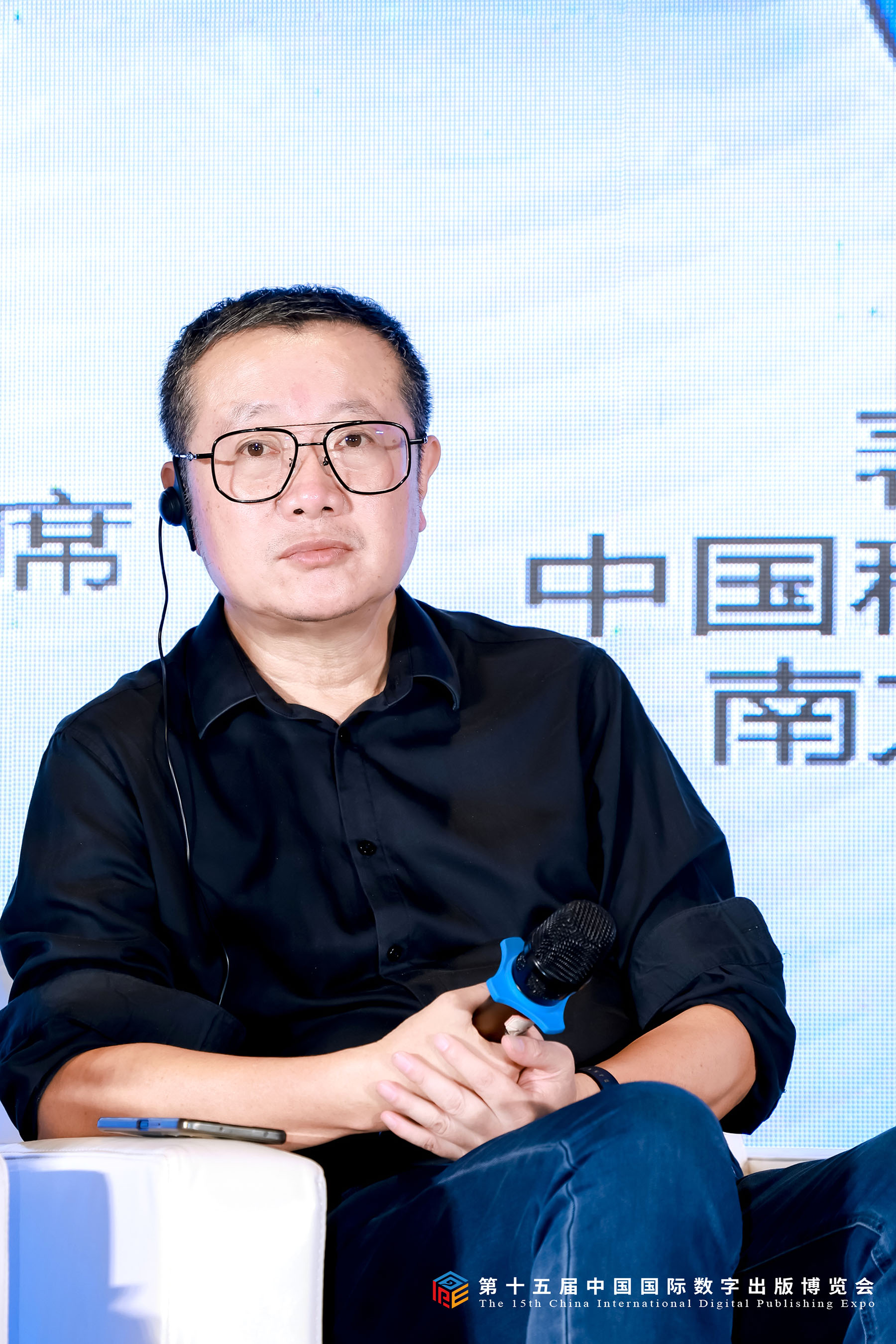
"Epic", "stunning", "ambitious", "brilliant", "profound", "genius" — these are some of the words often quoted by users on the book review platform Goodreads, who rated Death's End, the final installment in the Three-Body Problem trilogy by Chinese writer Liu Cixin.
More than 160,000 users have rated the novel on Goodreads, giving it an average score of 4.41 out of 5, although the first book, The Three-Body Problem, and the second, The Dark Forest, have ratings by more than 400,000 and 200,000 users, respectively. It echoes what Nicolas Cheetham, managing director of the trilogy's British publisher, Head of Zeus, says about its reception in the United Kingdom.
"Fifty percent of people who read Three-Body don't like it, but those who do like it, really like it … so our sales for Three-Body are 50 percent higher than our sales of Dark Forest, but our sales of Dark Forest are exactly the same as our sales of Death's End," he says.
READ MORE: 'The Three-Body Problem' expected to see mega-budget film adaptation
"As time went on, we got more people who read through to the end of the trilogy. … It gets better and better with every single book, which actually also reflects my own feeling. I thought the first was brilliant, but the third was a masterpiece," he says.
In late August, Cheetham flew to Zhengzhou, in Central China's Henan province, to attend an event to discuss the global impact that the trilogy has had in the decade since the first book was released, drawing the world's attention by winning the Hugo Award for Best Novel in 2015.
In a report about the trilogy's international influence released at the event, He Mingxing, a professor at the School of International Journalism and Communication at Beijing Foreign Studies University, says that the trilogy has set many records in terms of its sales, recognition and reception around the world.
By December 2024, the trilogy had sold nearly 6.5 million copies overseas in 23 languages, according to the report.
The sales of US (English) editions account for 57.7 percent of the total. German, French and Spanish editions sold 642,300, 444,200 and 305,600 copies, respectively. Polish and Czech editions reached 244,000 and 128,100 copies, according to the report.
The Japanese translation of the Three-Body series was released five years after the English version, with the complete trilogy available in May 2021. It has sold 650,000 copies in Japan, both in print and digital formats.
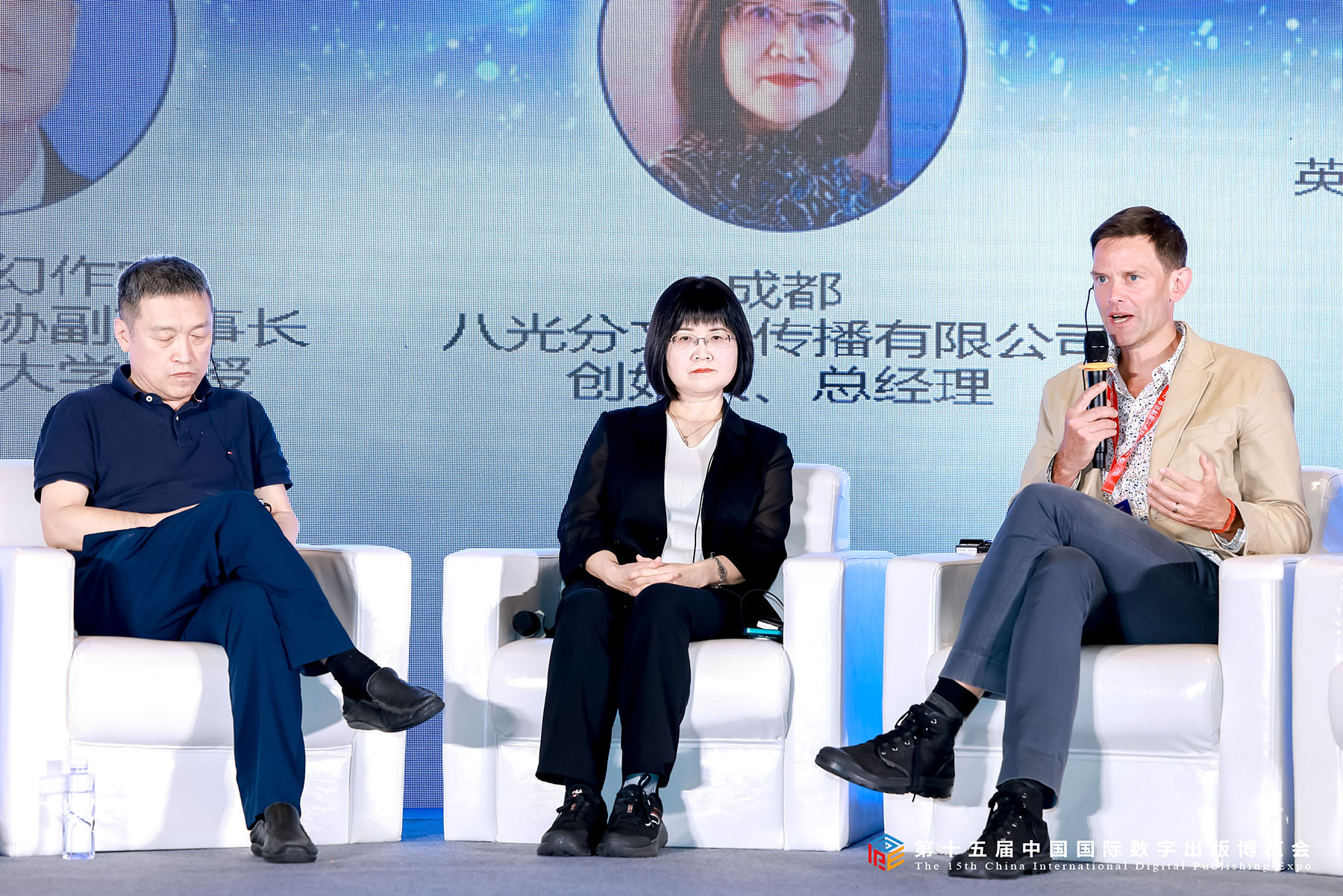
These figures set new records for sales of translated contemporary Chinese literature in European languages and Japanese, the report concludes.
He notes that the trilogy's global influence is further evidenced by its record-setting presence in libraries worldwide. By March 2025, The Three-Body Problem was available in 1,552 libraries globally, The Dark Forest in 1,240 libraries, and Death's End in 1,184, according to the report.
Statistics on Goodreads show that as the novel is translated into more languages and published in more countries, its readership expands, now spanning 58 countries and regions. The largest number of readers are from the United States, followed by Spain and Germany, according to He.
The Spanish edition of The Three-Body Problem was released in September 2016. A month later, Liu visited Barcelona and held an "epic signing" event, which Marta Rossich, the trilogy's editor at Spanish publisher Nova, described as a "dream".
She recalls that in the spring of 2013, at a restaurant in Shanghai, a Chinese friend talked to her about how mind-blowing The Three-Body Problem is. On leave from her work as an editor in Barcelona, she recommended the book to her colleagues, who doubted a 1,500-page Chinese science-fiction novel could be a best-seller in Spain.
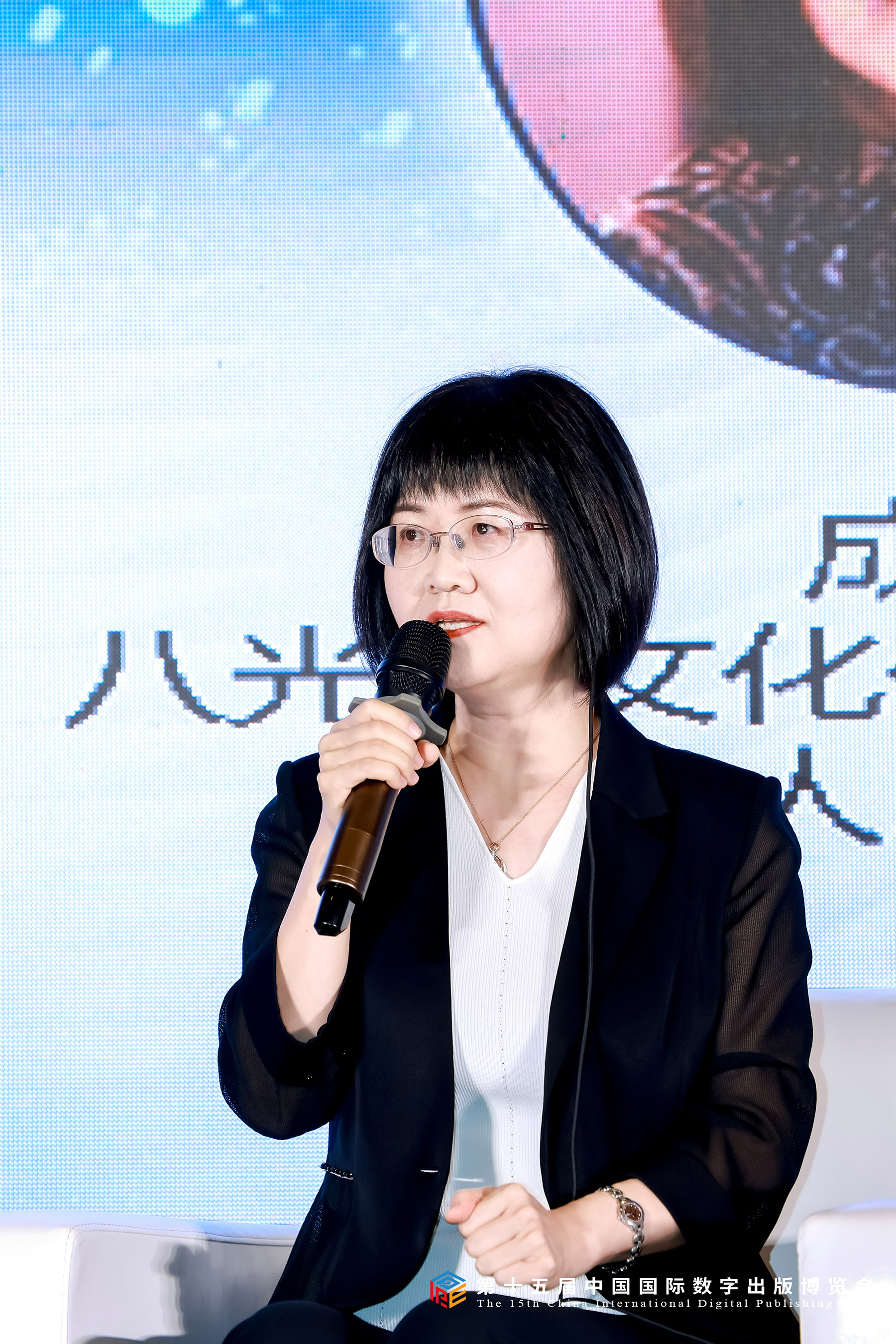
Reading the books in English, however, Rossich feels that "it could be the best science fiction of the century".
The messages Liu imparts in the novels are deeply rooted in a quintessentially Chinese perspective, yet they remain profoundly universal, she notes.
The trilogy's strength lies in its seamless blend of three layers of reality: a realistic portrayal of modern China, an exploration of humanity's challenges, and a cosmic contemplation of extraterrestrial life, she says.
Liu skillfully transforms hard science fiction into an entertaining narrative enriched with philosophical depth. "This unique blend of mystery and exoticism adds significant depth and intrigue to the story," she adds, "making it an absolute page-turner."
The books' performance in Spain proves Rossich's intuition was right. Sales of the trilogy will soon reach 1 million copies, "which is an incredible milestone for our market", she says.
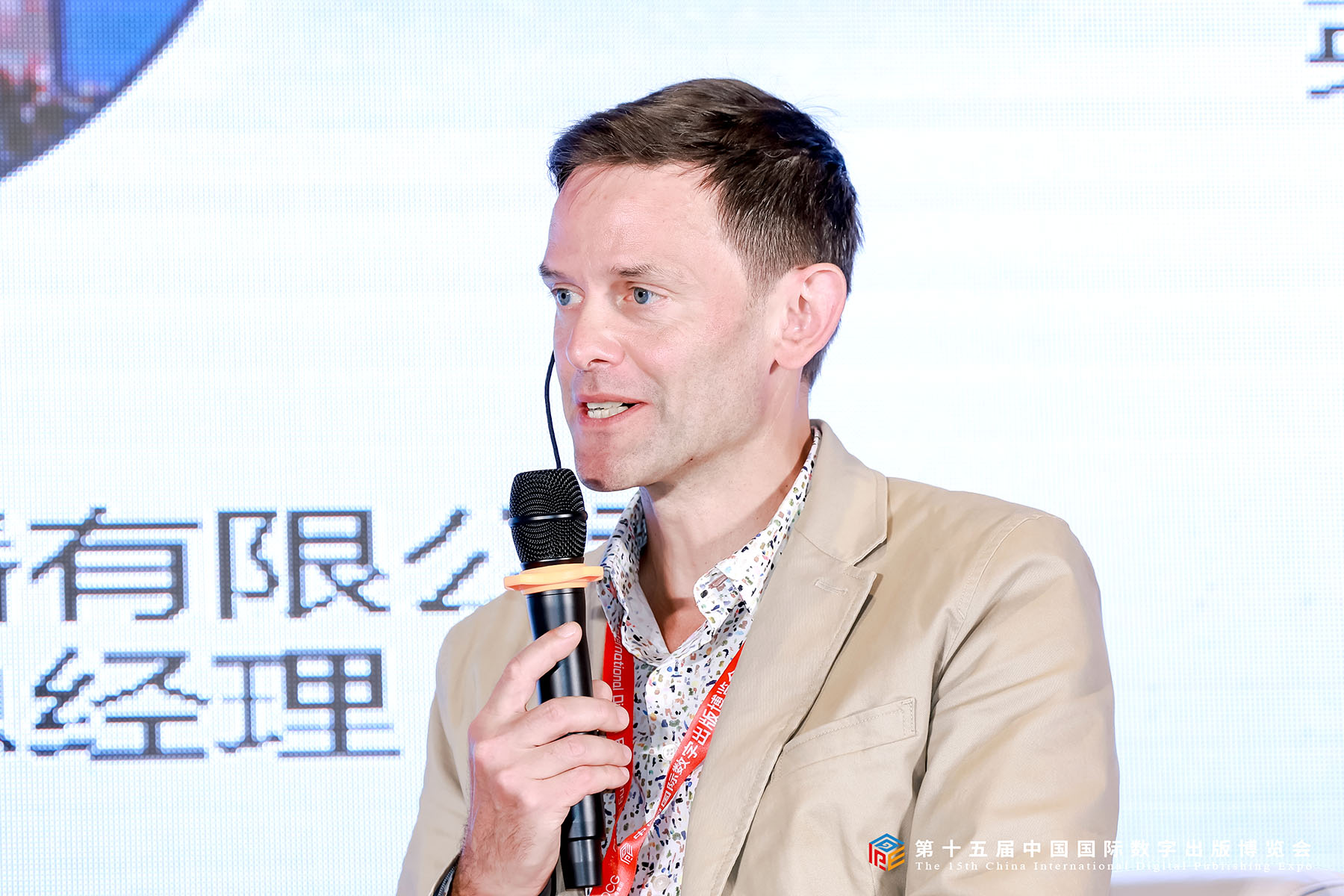
In Spain, the sci-fi market has been largely dominated by white male authors from Germany and the US, but Chinese writer Liu Cixin is changing that landscape, she observes.
"Now, Spanish readers like to read science fiction from other countries, traditions and languages. That's absolutely important," she adds.
The novel's UK publication went through similar twists.
Before The Three-Body Problem, Cheetham had spent a decade wondering what sci-fi writing was happening in China. He thought that since the country was experiencing rapid development, Chinese people were "probably almost living a science-fictional existence", he says.
Hearing a US peer recommend Liu's work at the London Book Fair in 2014, Cheetham immediately suggested it to his colleagues, who rejected it. However, upon reading the book himself, Cheetham, a big sci-fi fan, became convinced of its potential and decided to publish it in the UK. Both the UK and US editions came out in November 2014.
"When I read it, I knew that it was a big, challenging science fiction book that was going to put bubbles in your brain and take you to places that you have never been before," he says.
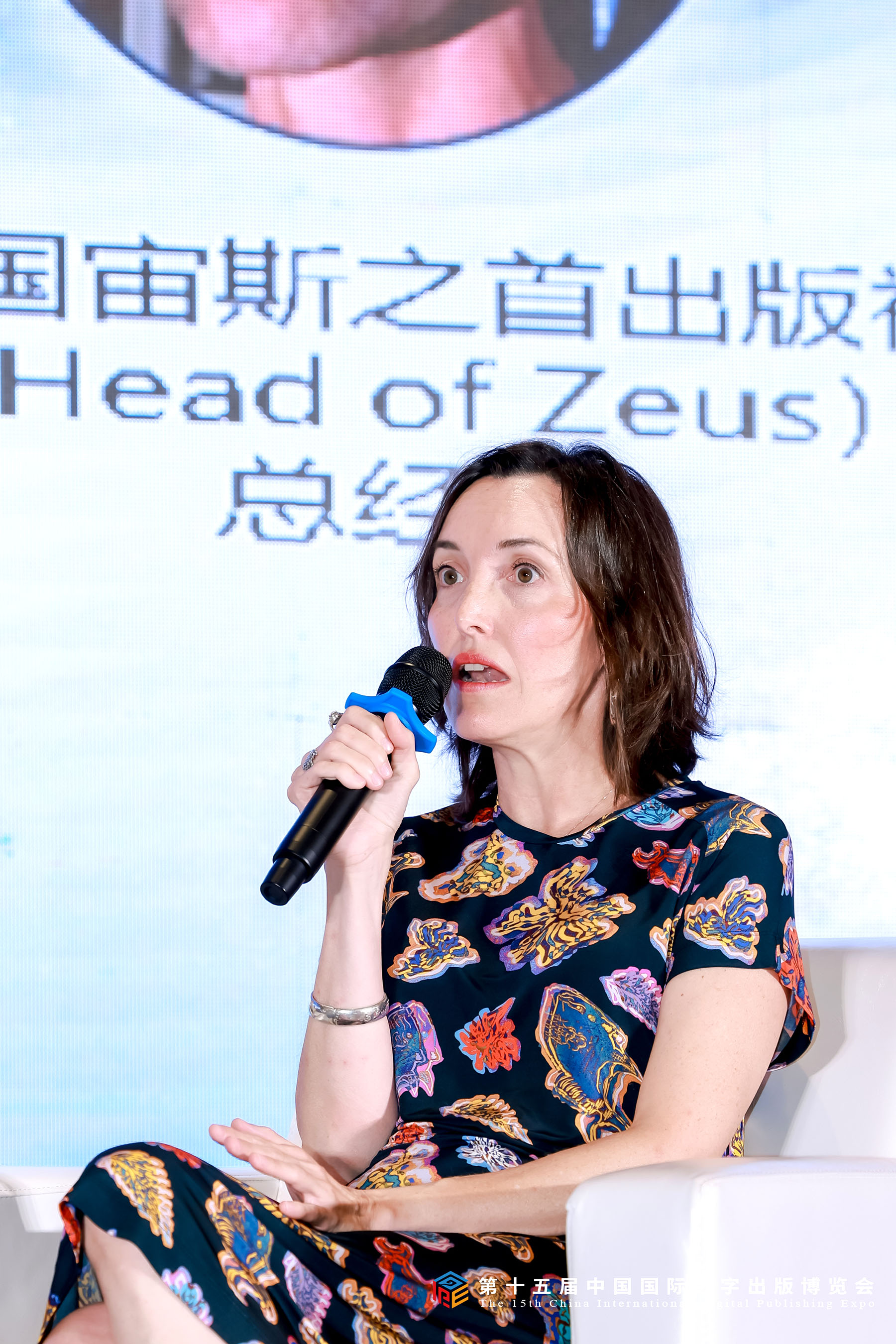
The sheer scope presented in the novel captivated him. The third book begins with the fall of Constantinople and stretches 18 million years into the future, reaching the end of the universe.
"It's hard to actually imagine a greater scope," he says, adding that this is big-picture, big-idea science fiction that no other genre can match.
Even what doesn't happen is epic, he says, quoting one of his favorite reviews in the Times Literary Supplement.
"How can you have a story about conflicts between two civilizations where you never actually have a direct meeting between Earth and the Trisolarans? That is just absolute genius. That's one of the things I love about the book," says Cheetham.
He believes Liu's work has elevated the standards for sci-fi writing.
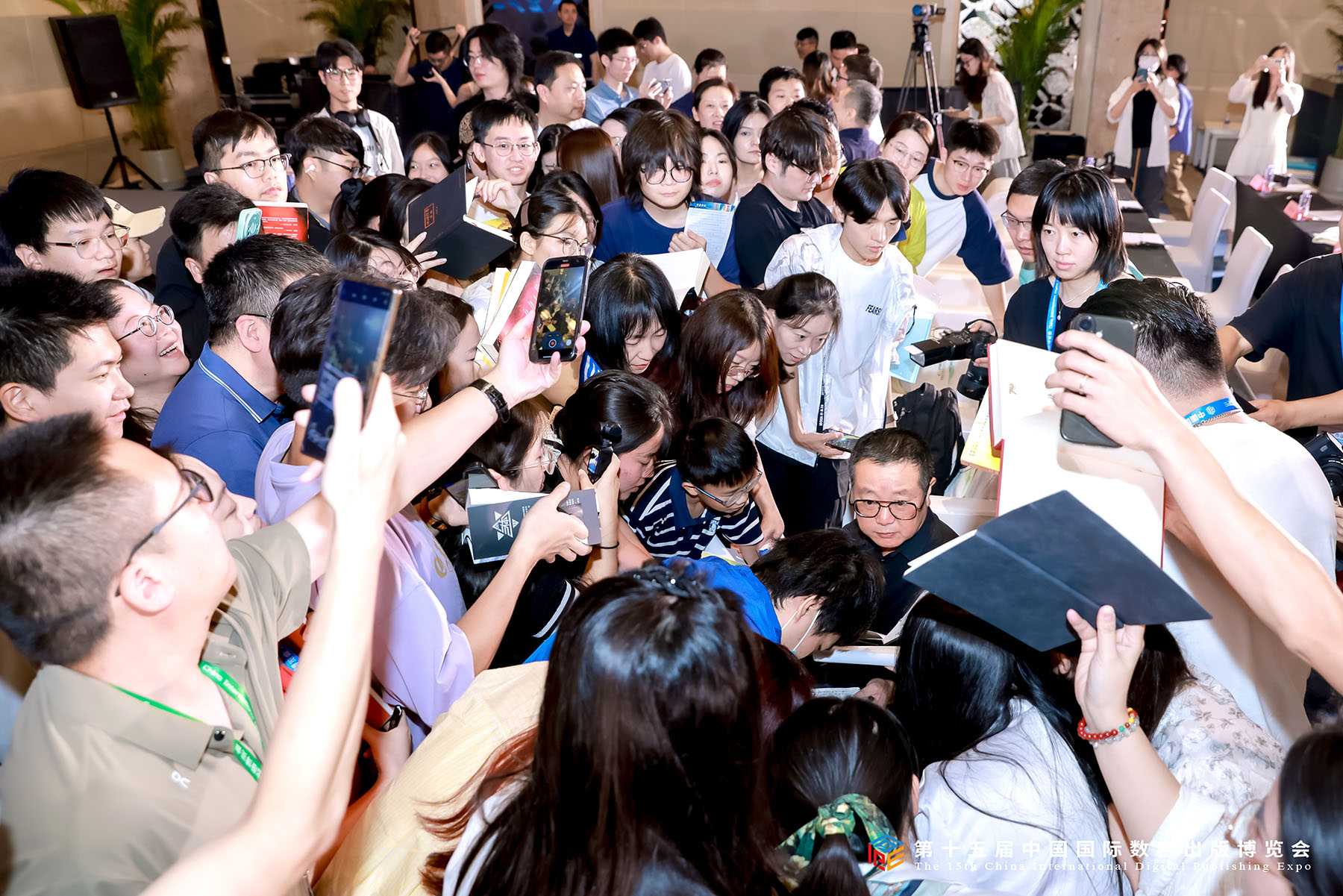
There was a golden age of science fiction in the 1950s and 60s in the West, which saw US writer Isaac Asimov and UK writer Arthur C Clarke come of age and create science fiction powered by big, expansive ideas.
"I feel that we then had to wait a few decades before we got something similar from Da Liu (Big Liu)," he says.
"You have to be quite brave to do something as big as Da Liu, because it has been such a success. I hope it's inspiring a new generation of writers to consider the big picture and what the future and the universe look like," says Cheetham.
"Think about humanity as a whole rather than one particular nation state's role in conquering space. I see Star Trek and things like that as very Western views of the future. Three-Body is much more panhuman."
At the roundtable discussion session, Wu Yan, a professor from the Southern University of Science and Technology who studies and teaches science fiction, shared an article by a Norwegian scholar about the global success of The Three-Body Problem books that he found especially inspiring.
"It says that Liu Cixin incorporates his understanding of the world's sci-fi history into The Three-Body Problem trilogy so that readers can see the influence of sci-fi writers of different ages from around the world …which is a very important reason why it has been able to win so many international readers," Wu says.
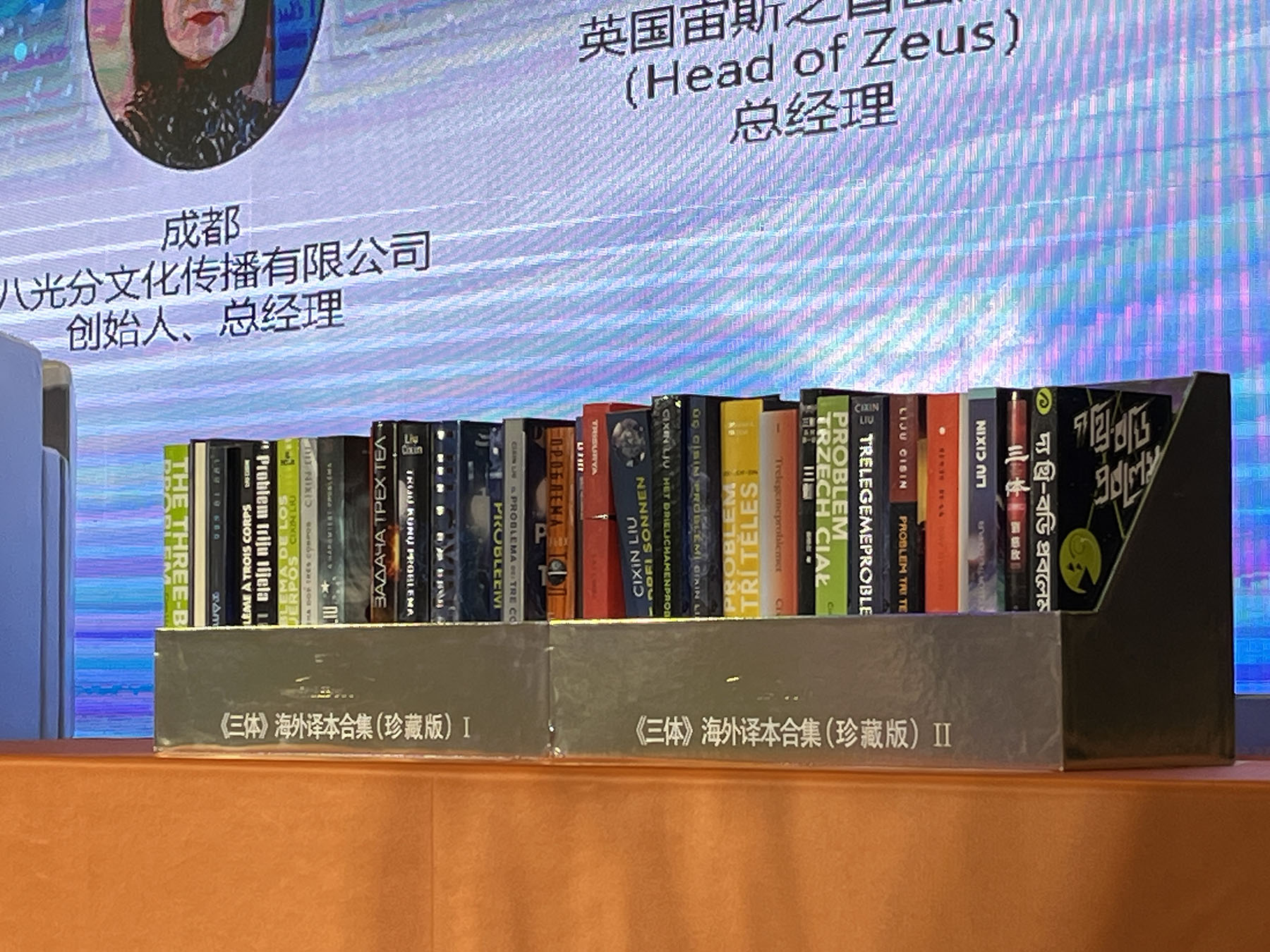
"The second reason is that it represents a series of China's responses to modernization. The response to current advancements is a global phenomenon. Countries around the world are responding to modernization in their own ways," he says.
"The third is that it reveals an idea that we need to transcend our narcissism, which takes humanity as the center of the universe … The Three-Body Problem teaches us to break this view, showing that humans are just one part of a larger cosmos with various forms of life, like the Trisolarans. These themes are universal and resonate globally, making the work impactful worldwide," he says.
For him, one of the most important influences of the trilogy's popularity around the world is that it allows Chinese sci-fi to enter world science-fiction history, an idea echoed by Yang Feng, founder of sci-fi publisher Eight Light Minutes Culture, based in Chengdu in Southwest China.
ALSO READ: Chinese studio confirms 'Three-Body Problem' film, 'Ne Zha 3' in development
Since The Three-Body Problem won the Hugo Award in 2015, China has seen companies being established that specialize in sci-fi publishing or filmmaking consultancy. Eight Light Minutes Culture is one of them.
Speaking at the roundtable discussion, Yang said that the award and Liu's works have inspired many science-fiction enthusiasts and readers in China, marking a pivotal change in many people's lives.
"China's sci-fi scene, propelled by ongoing efforts, is transitioning from niche to mainstream and also from local to global, signaling the arrival of a golden age for Chinese science fiction," she says.
Shi Futian and Tu Jiayi contributed to this story.
Contact the writer at yangyangs@chinadaily.com.cn


